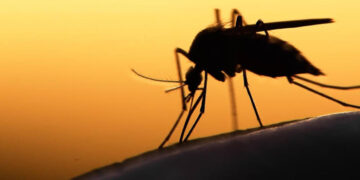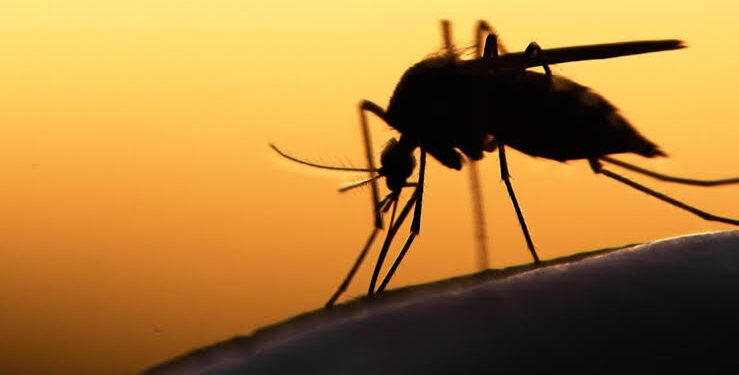By John Ikani
The World Health Organization (WHO) has officially certified Egypt as malaria-free, a monumental achievement that marks the end of a disease as old as the Egyptian civilization itself. WHO Director-General Tedros Adhanom Ghebreyesus hailed this as a “truly historic” milestone.
Egyptian authorities initiated their campaign to eradicate malaria nearly a century ago, launching efforts to interrupt the deadly mosquito-borne disease’s transmission chain. This certification is a testament to their unwavering dedication and the successful implementation of comprehensive strategies.
Every year, malaria claims the lives of over 600,000 people, the majority of whom reside in Africa. The WHO commended the Egyptian government and people for their tireless work in eliminating this ancient scourge from their country.
Egypt joins the United Arab Emirates and Morocco as the third country in the WHO’s Eastern Mediterranean Region to achieve malaria-free status. Globally, 44 countries and one territory have reached this significant milestone.
While this certification is a cause for celebration, the WHO emphasized that it is merely the beginning of a new phase. Egypt must remain vigilant to prevent the resurgence of malaria and safeguard its hard-earned malaria-free status.
To obtain WHO certification, a country must demonstrate its ability to prevent the reintroduction of malaria transmission. In Egypt, early efforts to limit human-mosquito contact began in the 1920s, including the prohibition of rice cultivation and agricultural crops near residential areas.
Malaria is a parasitic disease transmitted through mosquito bites. While vaccines are being utilized in certain regions, effective malaria prevention primarily relies on disease monitoring and avoiding mosquito exposure.




































